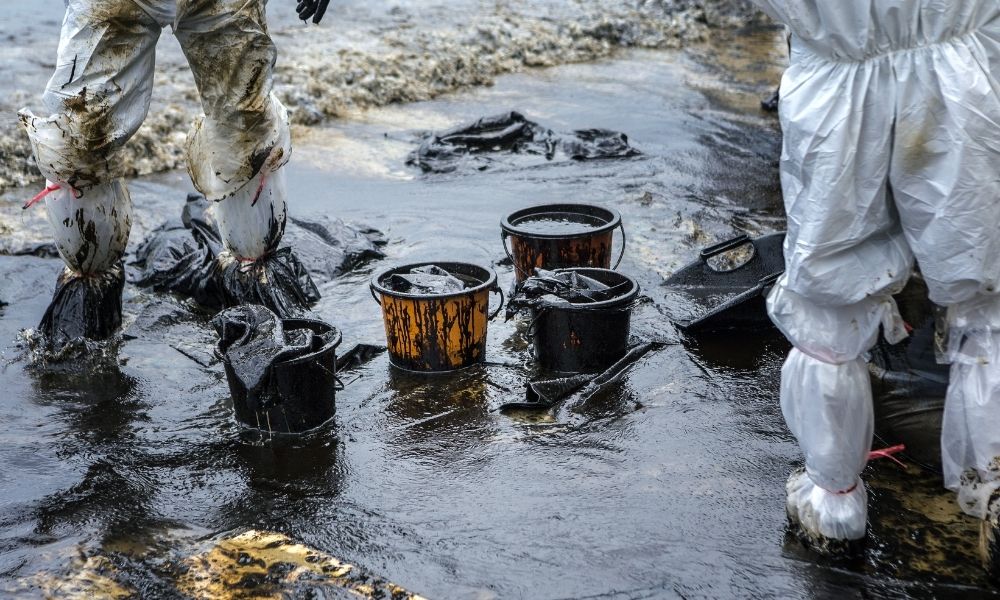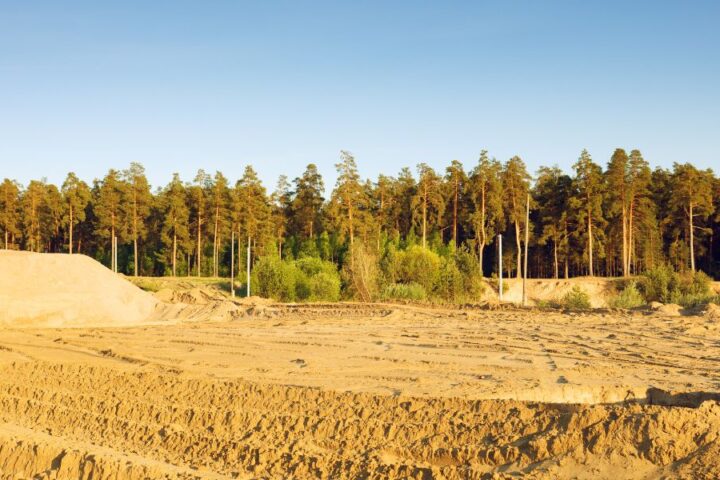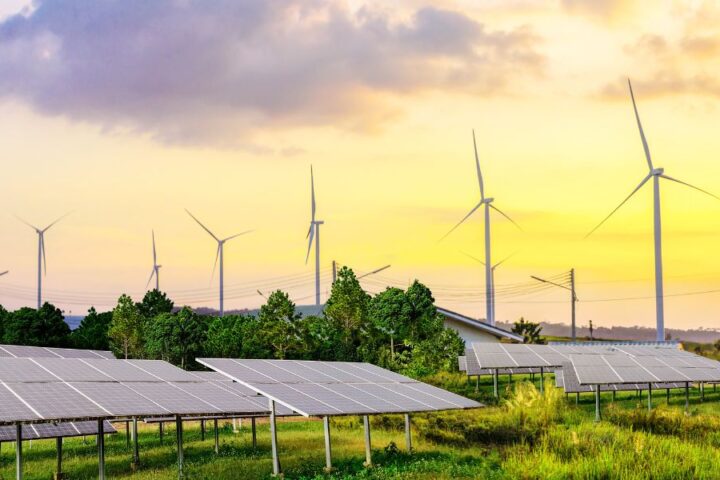Anytime an oil spill occurs, there are disastrous effects. Not only are these immediate and fast-acting, but they can also extend well into the future, creating problems for many generations to come. These are the major impacts of oil spills on the ecosystem.
It Spreads Far and Wide
When oil spills happen near water, particularly near oceans or other large bodies, they can be a lot more damage compared to when this occurs on land. This is because a super thin layer, called a slick, has the ability to spread for hundreds of miles in all directions, eventually covering beaches as well. Waves and current can easily transport the oil slick way farther than its initial location. It affects animals of all types, including birds, mammals that need to come up for air, and shellfish. Unfortunately, these repercussions can be costly and time-consuming to clean up.
Ruins Animals’ Fur and Feathers
The next significant impact of oil spills on the ecosystem is that all types of animals can become coated in oil, making it very difficult for them to breathe or regulate their temperature. Fur and feathers help animals to stay warm. However, if they are drenched with this greasy toxic substance, it makes it nearly impossible for them to clean themselves safely. This is because they aren’t able to wipe the oil off without accidentally ingesting some, poisoning themselves in the process.
Toxic for Most Living Organisms
One fascinating method for cleaning up oil spills is to utilize bacteria. Several species of hydrocarbon-eating bacteria love to feast on oil, but no other creature can handle the harmful effects on their bodies. For example, when dolphins and whales accidentally ingest some, they face lung, immune, and reproductive problems. Fish, even at all life stages, are some of the most sensitive organisms to oil spills, causing issues like eroding fins, the inability to reproduce, and death.
Whether it’s on land or in the water, there will always be some environmental risk of transporting or extracting oil. Regularly conducting pipeline assessments can help prevent spills from happening, but companies need to create emergency response plans to deal with the mess immediately after it happens.












